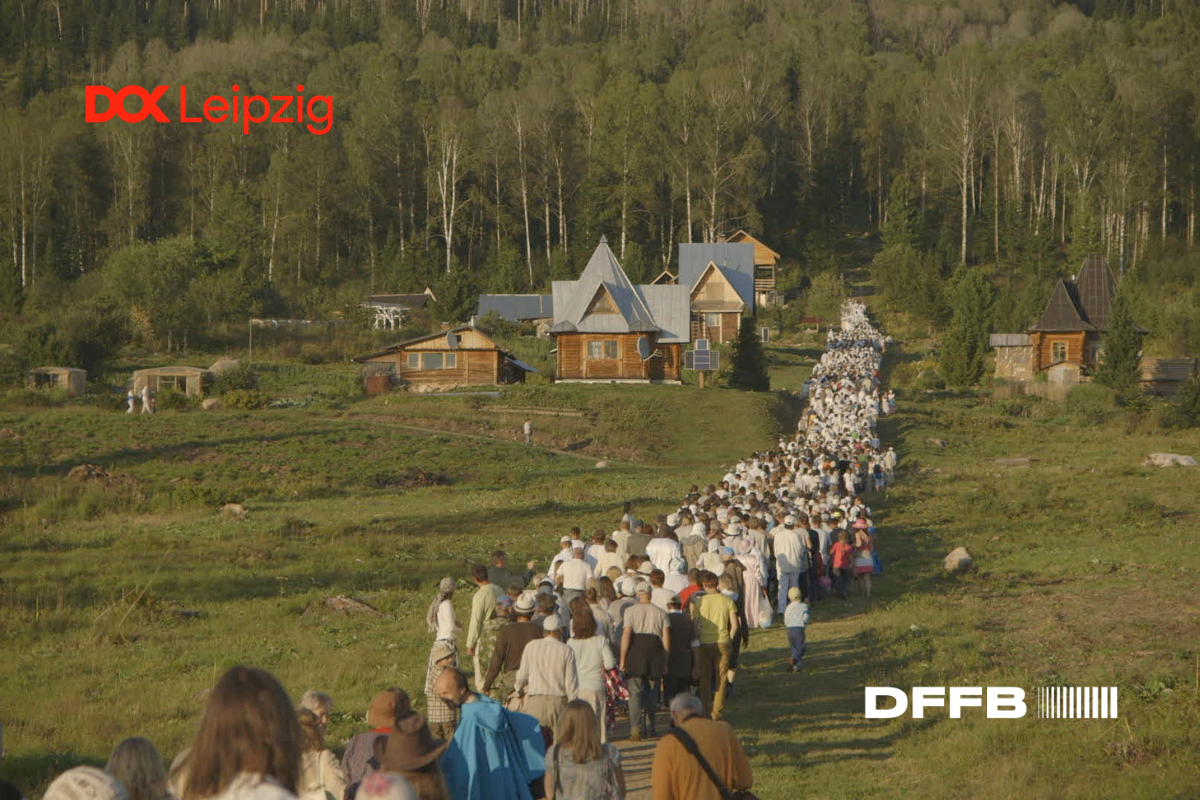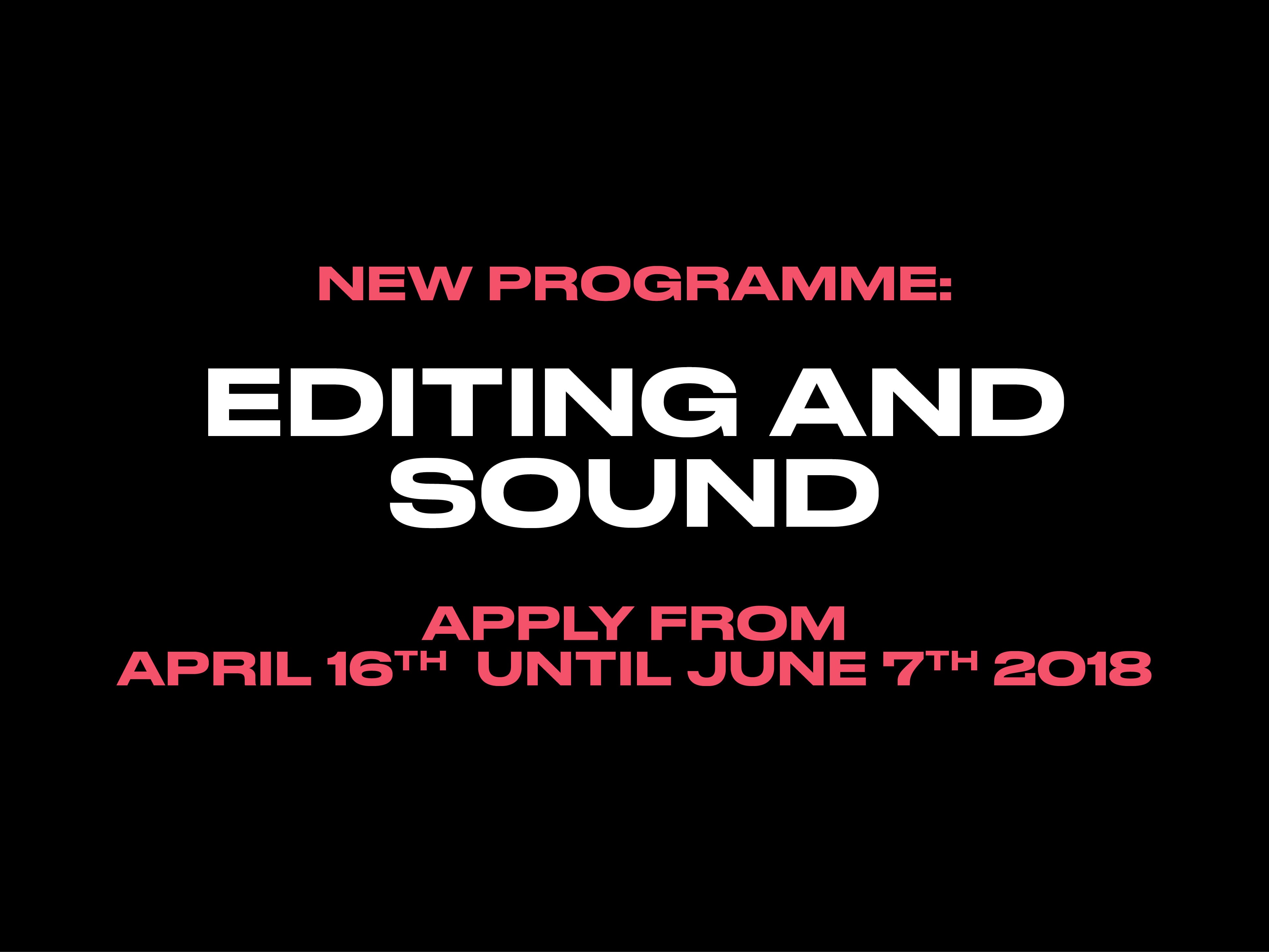
The DFFB was represented with several productions at this year’s Max Ophüls Prize in Saarbrücken, one of the most important film festivals for German-language newcomer films — and was delighted to receive some remarkable awards.
UNGEDULD DES HERZENS: Best Feature Film, two awards for Best Young Actor
Our coproduction with rbb and Schiwago Film UNGEDULD DES HERZENS (D: Lauro Cress, S: Lauro Cress & Florian Plumeyer, C: Jan David Gunther, P: Lorenzo Gandolfo) won the main prize for Best Feature Film, endowed with 36,000 euros.
The film tells the story of a soldier who is torn between his social role and his personal feelings. In atmospherically dense images, the film addresses questions of class, identity and the power of compassion.
In addition, the leading actors Giulio Brizzi and Ladina von Frisching were each honoured with awards for Best New Acting for their outstanding performances.
GARNELIUS: Best Medium Length Film
GARNELIUS (R/B: Julia Ketelhut, K: Rocío Díaz Freire, P: Melvyn Zeyns & Jonas Nemela) received the prize in the category Best Medium-Length Film, endowed with 5,000 euros.
The film combines magical realism with a profound examination of a difficult father-son relationship, generational conflicts and the search for identity in the aftermath of German reunification.
ROTE STERNE ÜBERM FELD: Film Critics’ Award
In addition to the DFFB productions, ROTE STERNE ÜBERM FELD (director: Laura Laabs) was also a big success. The film, on which DFFB students Daria Wichmann and Lisa Roling worked, was awarded the Film Critics’ Prize for Best Feature Film.
We are very pleased about the strong presence of our students and alumni at the Max Ophüls Prize 2025. Congratulations to all the award winners and the creative teams behind the impressive works.





